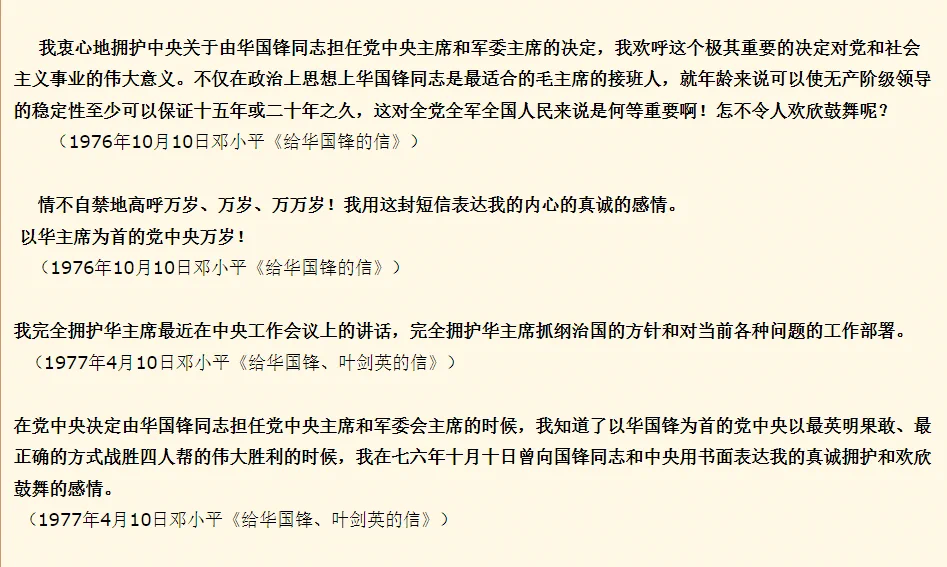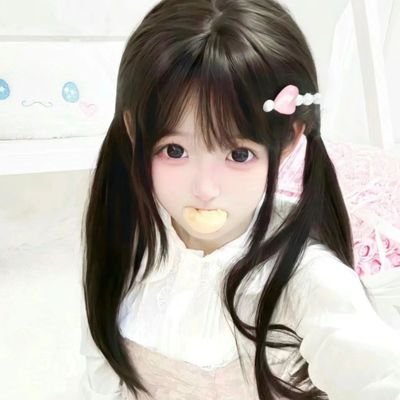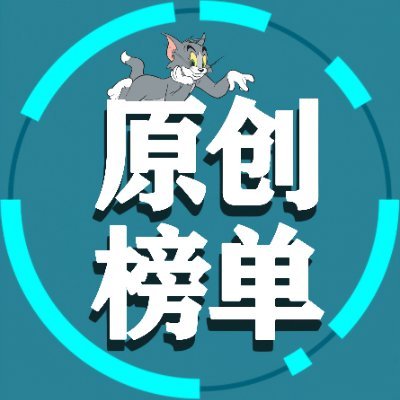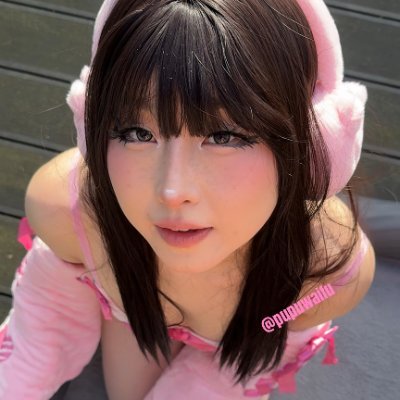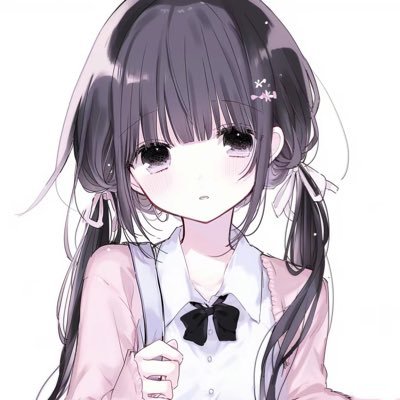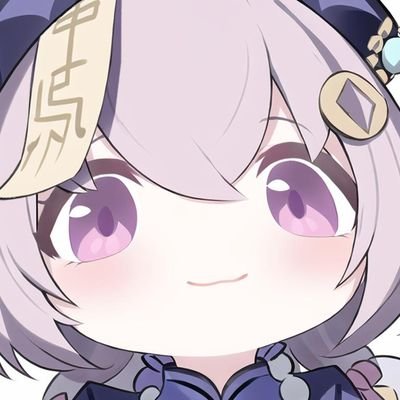The notion that Deng Xiaoping reestablished the collective leadership in the CPC is a misconception. A closer examination of the historical context reveals that the collective leadership was restored due to the power vacuum created by Mao Zedong's death. Even though Deng Xiaoping held the highest de facto power, his nominal position was not that of the supreme leader. The restoration of collective leadership in the CPC was a result of the severe disruption of the power balance caused by Maoist totalitarianism, and none of the CPC leaders who succeeded Mao possessed sufficient power to be considered a de jure supreme leader. In the post-Xi Jinping era, the CPC may face a similar dilemma: in the absence of an absolute leader, the successor may lack the power to control the overall situation. Prior to his rehabilitation, Deng Xiaoping wrote a few letters to the Central Committee of the CPC, often expressing obsequious sentiments towards Hua Guofeng. However, upon his return to power, Deng swiftly orchestrated a political manoeuvre to oust Hua from the centre of power. Post-totalitarian Leninist regimes face the dual challenge of weak central authority and the ambitions of power-hungry individuals. Should these individuals resort to ruthless purges to consolidate power, a new era of totalitarianism could emerge.
